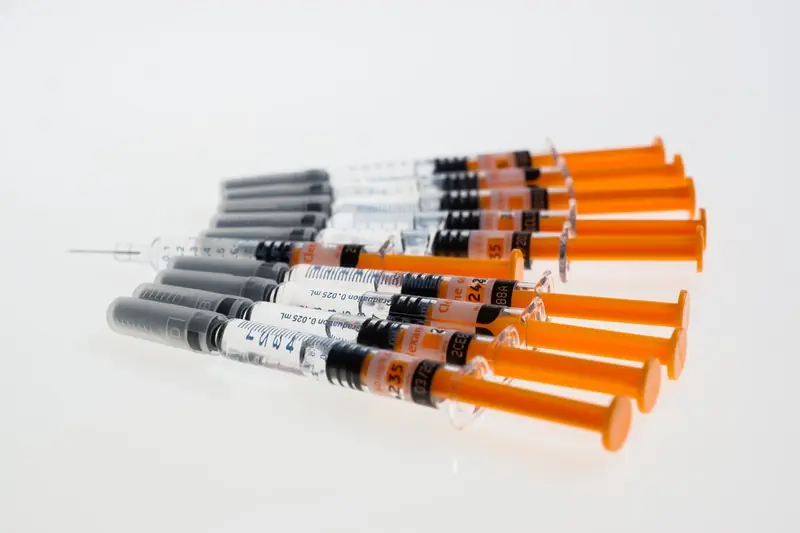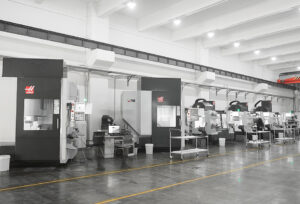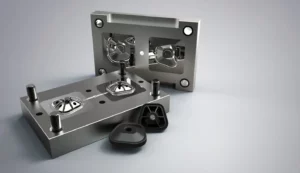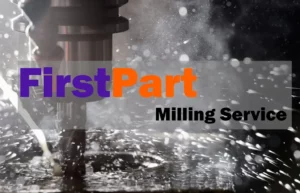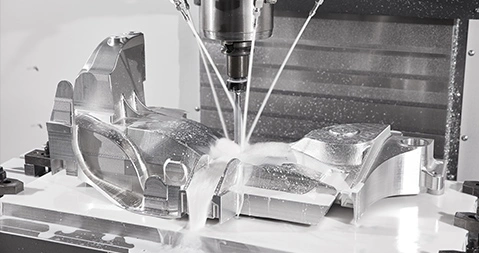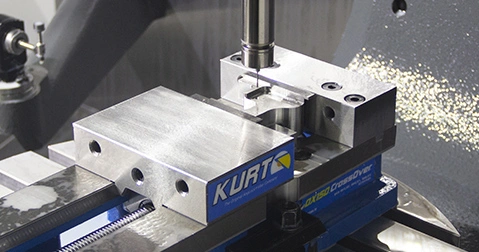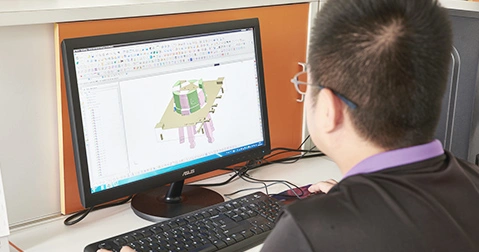Top Considerations for Plastic Injection Molding in the Medical Industry
Plastic injection molding is a diverse manufacturing process catering for a wide array of industries. The versatility, design flexibility and ruggedness of plastic parts make them suitable applicants for numerous end use, and the medical industry is one of those industries.
Medical-grade plastics must meet some certain characteristics before they can be adopted. Injection molded parts boast of superior attributes like cleanliness, durability, ability to be effectively sterilized and more than makes them the ideal candidates. But just before you delve into plastic injection molding for medical devices, below is a list of need-to-knows and top considerations that must be considered during design, planning and manufacturing injection molded parts for the medical industry.
Medical Considerations
Most of the criteria to be met for a plastic part is outlined by the FDA and ISO compliance organizations. These considerations serve as guidelines in evaluating the suitability of the material and the part, helping the engineers design and manufacture properly, aiding doctors and surgeons in operations and ensuring overall safety in the medical profession.
1. FDA standards
The Food and Drug Association has some specific criteria that must be met before plastic injection molded parts can be considered as medical components. These criteria cover both the end part and the manufacturing processes. When considering a project aimed at the medical industry, ensure that you work with the guidelines of the FDA for sterility and cleanliness.
Having a production partner/supplier that is versed with manufacturing for the medical industry and the regulatory requirements for medical approvals will be of immense advantage to you. From material selection to the factory rating and production process, always ensure that you play within the guidelines of the FDA standards.
2. Material attributes
The material attribute of the part is of significant concern when manufacturing for the medical industry. The desired attributes range across various physical considerations like sterility, ease of cleaning, material solubility and even flexibility/elasticity.
3. Sterilization
Sterilization refers to the removal of harmful microorganisms (virus or bacteria) from the surface or cells of a substance, molecule, component or part. Irrespective of the application of the plastic part, there is a requirement that at the minimum, the material can be properly sterilized and decontaminated.
This is therefore required in product design irrespective of whether your part will be entering the human body or just housing a medical device.
4. ISO certifications
The International Organization for Standardization (ISO) like the FDA, has a number of rules and regulations that govern operations, manufacturing practices, procurement and quality control across a wide range of industry. For the medical industry, the active ISOs are the ISO 13485:2003 which must, at a minimum, be met by a factory producing medical parts. There are also other Class requirements that may relate to your production of medical component for which you must comply and obtain a certification to show that your parts meet the audit criteria.
5. Durability and environmental considerations
Asides the cost implications, another reason why people in the medical industry are moving away from glass apparatus is the safety concerns and its fragile nature. When designing your plastic injection molding parts for the medical industry, remember to incorporate tolerance, stress, strength and durability to offer shatter/break resistance when being used in the field.
When it comes to durability, excellent medical-grade materials include polyethylene, polycarbonate, silicone and polypropylene. These materials are also known to withstand stringent or trying environmental conditions like high temperature, high vibration, high pressure, UV and heat resistance, biocompatibility, radiation resistant and sterilization compatible.
First Part Injection Molding Services in China
FirstPart offers excellent quality, plastic injection molding services for a wide array of medical grade uses in the industry. We also offer low-volume manufacturing that serve small quantities from 50 to 10000 parts using materials and manufacturing processes that pass all regulatory and safety criteria for medical use. Away from low-volume manufacturing, all our factories boast of an always-running mass production capacity for CNC, 3D printing and Injection molding services. Our engineers are always available to advice on the best processes, materials and design optimization to ensure cost-savings, quick turnaround and the production of parts that are 100 percent defect and issue free. Click here to request a free quote now and submit your design for a free evaluation and contact us on how to get started on your next projects.

